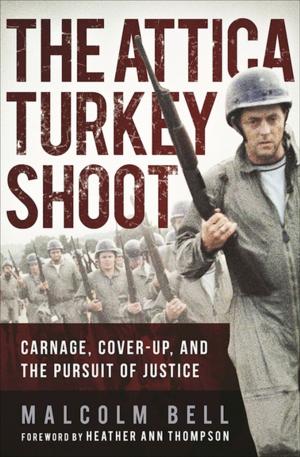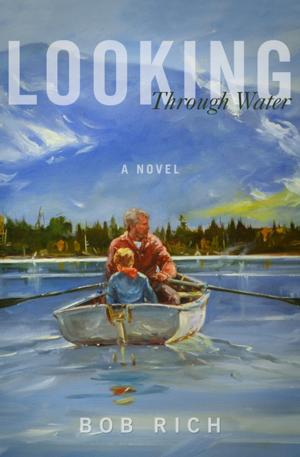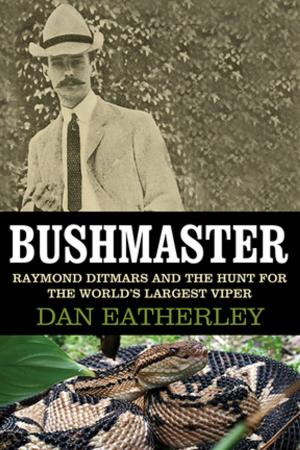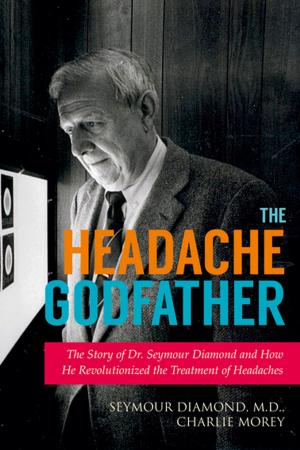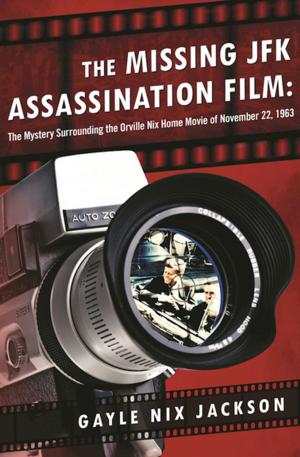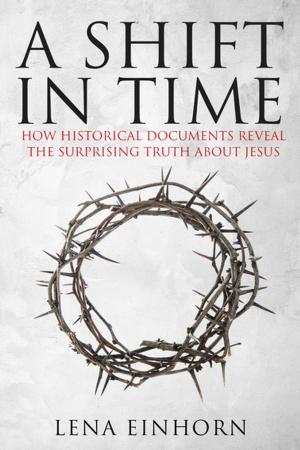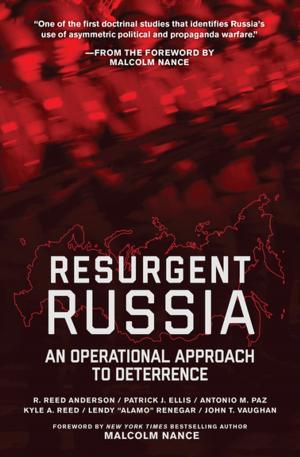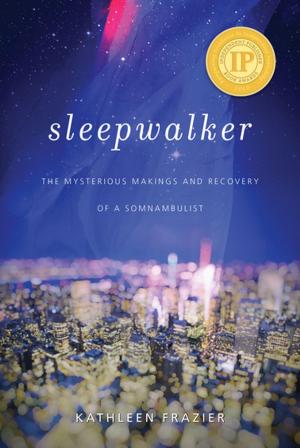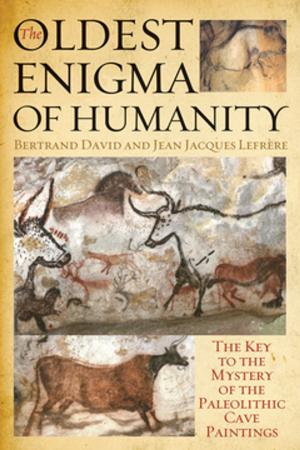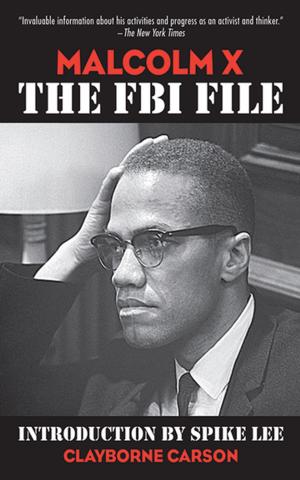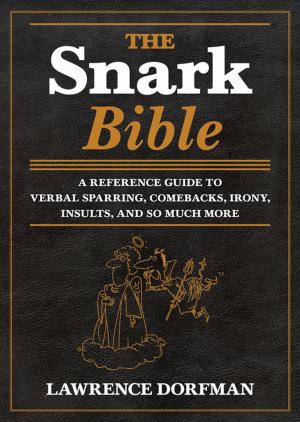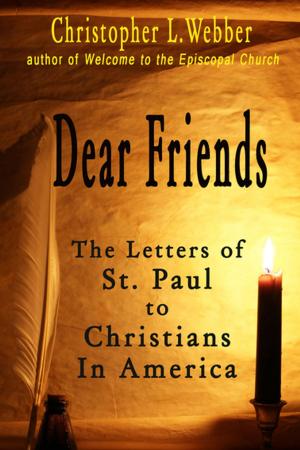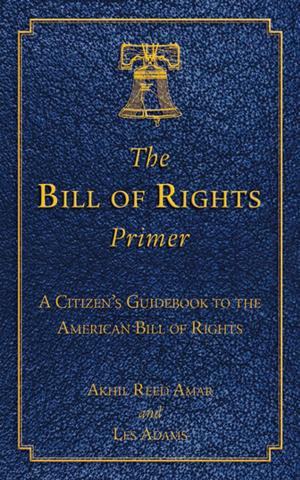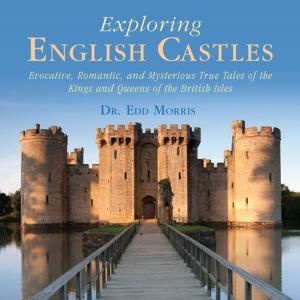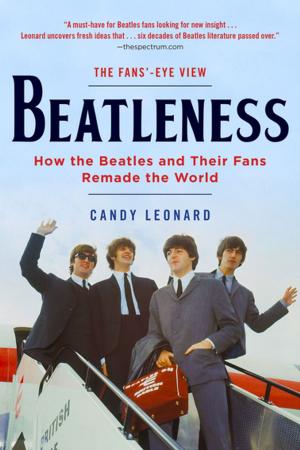The Poison Patriarch
How the Betrayals of Joseph P. Kennedy Caused the Assassination of JFK
Nonfiction, History, Americas, United States, 20th Century, Social & Cultural Studies, Political Science, Government, Social Science| Author: | Mark Shaw | ISBN: | 9781628735246 |
| Publisher: | Skyhorse Publishing | Publication: | October 1, 2013 |
| Imprint: | Skyhorse Publishing | Language: | English |
| Author: | Mark Shaw |
| ISBN: | 9781628735246 |
| Publisher: | Skyhorse Publishing |
| Publication: | October 1, 2013 |
| Imprint: | Skyhorse Publishing |
| Language: | English |
An “ominous” investigation into how the corruption of the Kennedy clan inadvertently led to the events of November 22, 1963 (The New Yorker).
Investigative journalist Mark Shaw maintains that researchers who have studied the murder of President John F. Kennedy have been deciphering the wrong motives and clues, and ignoring the real players. In The Poison Patriarch, he focuses not on why the president was assassinated, but why his brother, Robert, wasn’t.
His persuasive theory leads directly to family patriarch, Joseph P. Kennedy. Mining fresh information and more than forty new interviews, Shaw weaves a spellbinding narrative involving Mafia don Carlos Marcello; Lee Harvey Oswald’s killer, Jack Ruby; Ruby’s attorney, Melvin Belli; and, ultimately, the Kennedy brothers and their father.
In what Wiseguy author Nicholas Pileggi calls a "fascinating and unique account of what happened in Dallas in 1963," Shaw addresses these confounding mysteries: Why was Belli, an inexperienced attorney chosen to defend Jack Ruby? How did Belli’s Mafia ties influence his legal strategy, which led to Ruby’s conviction and death sentence? What was Joseph Kennedy’s relationship to organized crime? How was his insistence that RFK be appointed attorney general tantamount to signing the president’s death warrant? And why, after his brother’s death, did RFK tell a colleague, “I thought it would be me”?
“Shed[ding] light on one of the darker questions about the assassinations,” (G. Robert Blakey, coauthor of The Plot to Kill the President), The Poison Patriarch is destined to alter the debates over one of the most controversial, shocking, and defining moments of the twentieth century.
An “ominous” investigation into how the corruption of the Kennedy clan inadvertently led to the events of November 22, 1963 (The New Yorker).
Investigative journalist Mark Shaw maintains that researchers who have studied the murder of President John F. Kennedy have been deciphering the wrong motives and clues, and ignoring the real players. In The Poison Patriarch, he focuses not on why the president was assassinated, but why his brother, Robert, wasn’t.
His persuasive theory leads directly to family patriarch, Joseph P. Kennedy. Mining fresh information and more than forty new interviews, Shaw weaves a spellbinding narrative involving Mafia don Carlos Marcello; Lee Harvey Oswald’s killer, Jack Ruby; Ruby’s attorney, Melvin Belli; and, ultimately, the Kennedy brothers and their father.
In what Wiseguy author Nicholas Pileggi calls a "fascinating and unique account of what happened in Dallas in 1963," Shaw addresses these confounding mysteries: Why was Belli, an inexperienced attorney chosen to defend Jack Ruby? How did Belli’s Mafia ties influence his legal strategy, which led to Ruby’s conviction and death sentence? What was Joseph Kennedy’s relationship to organized crime? How was his insistence that RFK be appointed attorney general tantamount to signing the president’s death warrant? And why, after his brother’s death, did RFK tell a colleague, “I thought it would be me”?
“Shed[ding] light on one of the darker questions about the assassinations,” (G. Robert Blakey, coauthor of The Plot to Kill the President), The Poison Patriarch is destined to alter the debates over one of the most controversial, shocking, and defining moments of the twentieth century.

